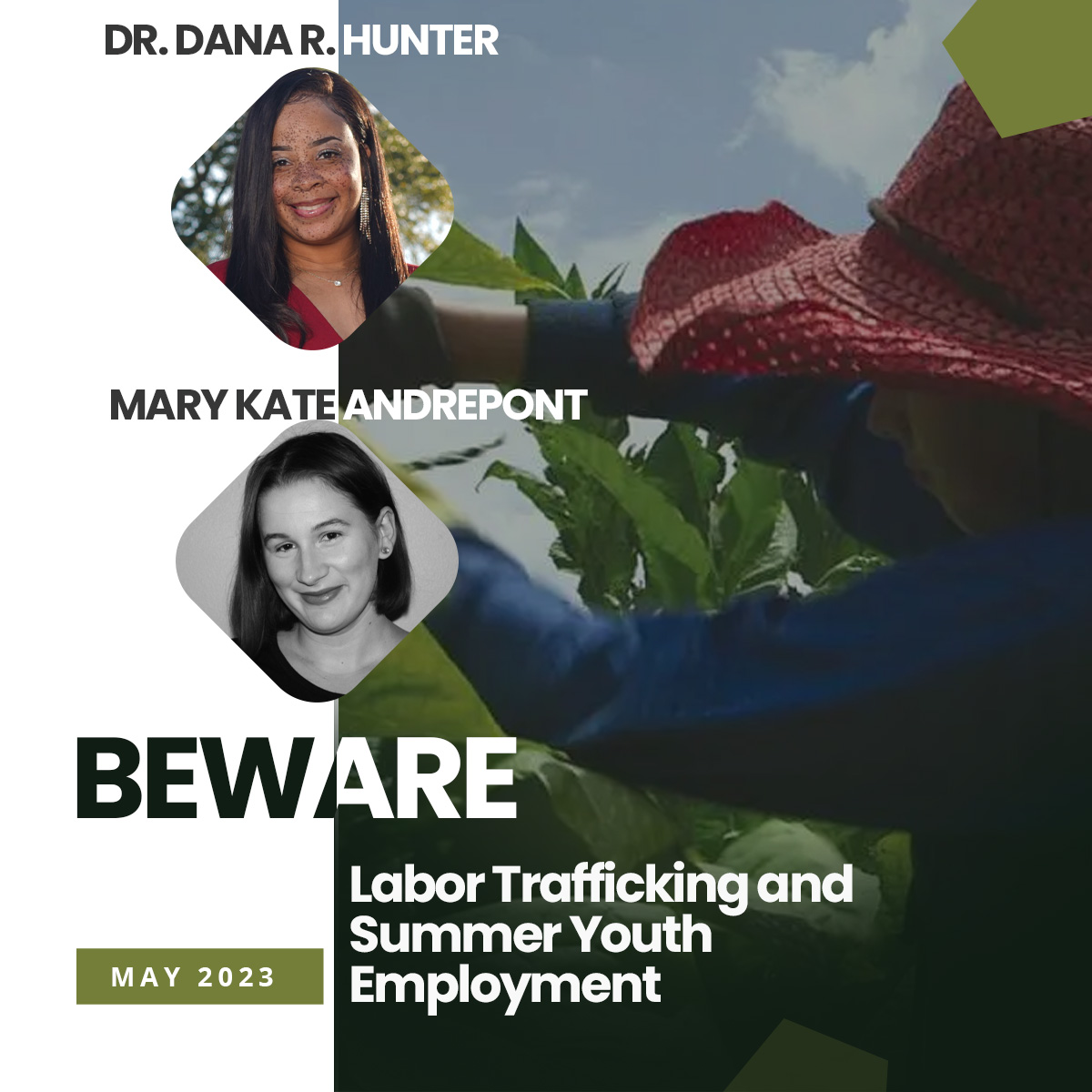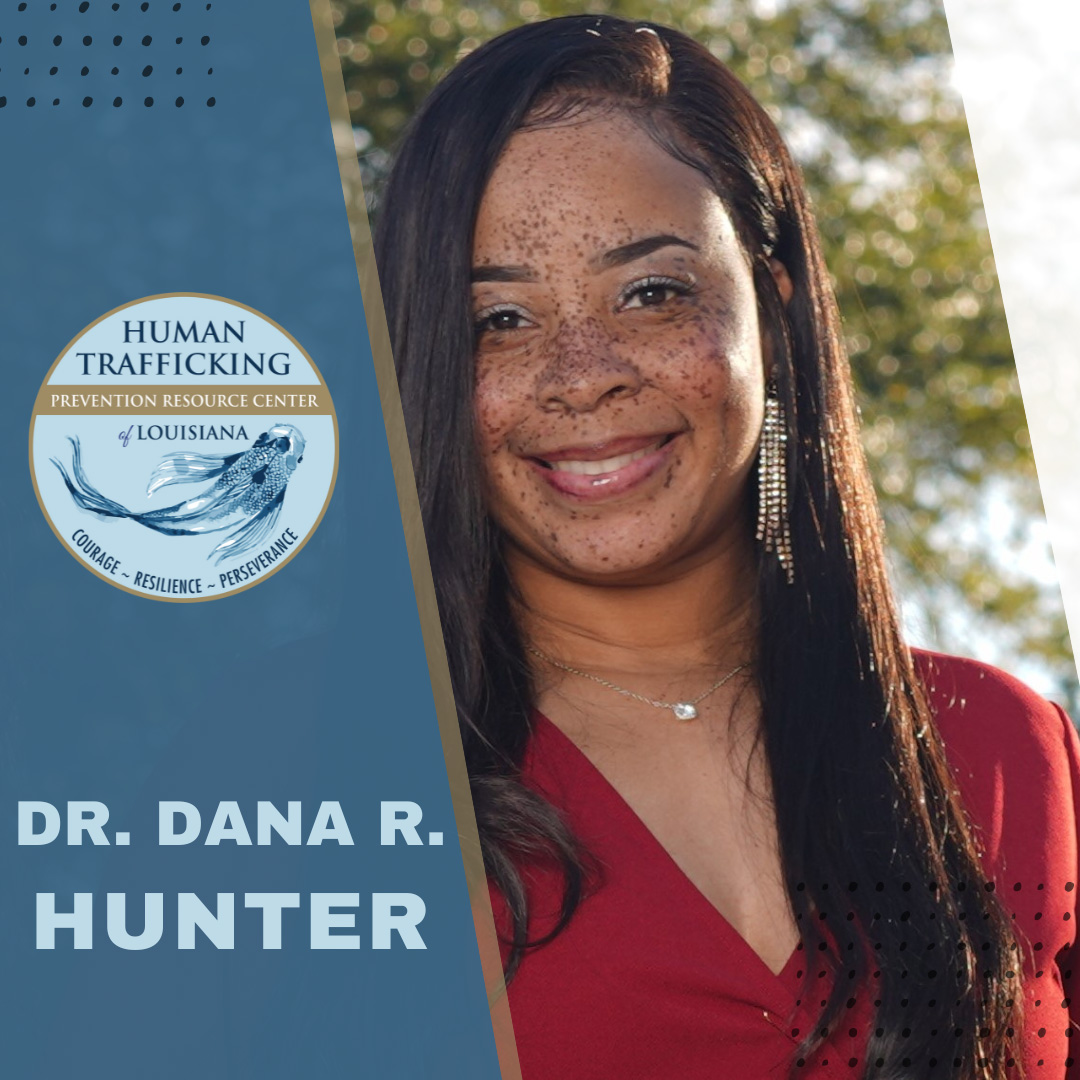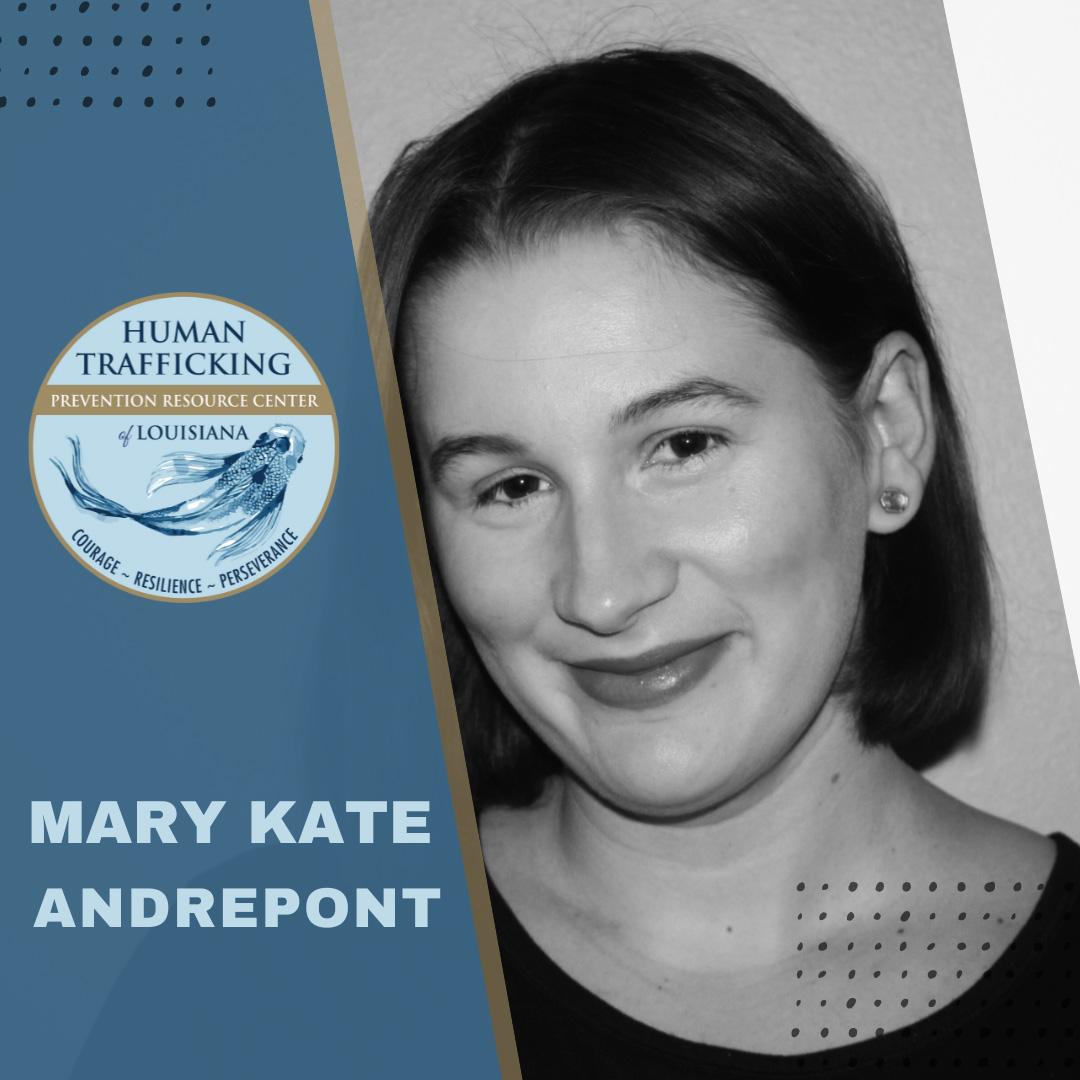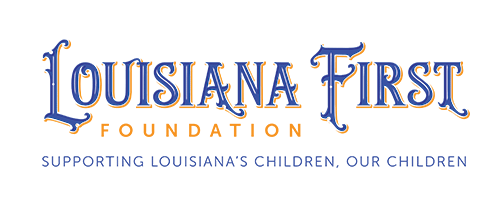BEWARE:
Labor Trafficking and
Summer Youth Employment

BEWARE:
Labor Trafficking and
Summer Youth Employment
Written by Dr. Dana Hunter and Mary Kate Andrepont
As the end of the school year approaches, many students across Louisiana begin to seek summer job opportunities. However, while summer jobs teach young people important lessons in work ethic, resilience, and financial literacy, it is necessary that we also educate and instill in our youth and our working-aged adults what unsafe and exploitative labor conditions look like.
With this season upon us, we wanted to take a moment to share with you about forced labor and labor trafficking and how you might join us in preventing labor exploitation in your communities!
There are three essential categories when discussing labor exploitation. The first is labor exploitation through workplace and labor violations, which often looks like a person working legally but is denied basic legal rights, such as fair compensation, safe working conditions, or adequate breaks. The second category is child labor. Child labor violations involve a child or youth working under the legal working age or engaged in work that is harmful to them (such as jobs in manufacturing, minoring, or hazardous materials). Child labor laws differ by state. For more information on child labor laws in Louisiana, please visit the Louisiana Workforce Commission or download their placard linked here. Finally, the last category is labor trafficking or forced labor. Labor trafficking occurs when a person is compelled against their will to provide labor or services through force, fraud, or coercion (Trafficking Victims Protection Act). A 2022 report by the International Labor Organization estimates there are 27.6 million people in situations of forced labor on any given day. Labor trafficking can happen in the normal economy but also in the so-called “grey” or “informal” economies, such as the drug trade or day laboring.
Labor trafficking is an under-identified form of human trafficking in Louisiana. In 2019 the Greater Human Trafficking Task Force used open-source data to identify the following as likely sectors for potential labor trafficking in Louisiana: agriculture, aquaculture, seafood, construction, restaurants, and health and home services. The Office of Human Trafficking Prevention is working diligently with other key partners across the state to spread awareness of labor trafficking and forced labor and to ensure more victims are identified and offered equitable services. On May 10th, the Office of Human Trafficking Prevention and the University of Southern Mississippi Center on Human Trafficking Research and Training is hosting a Human Trafficking Symposium entitled “Forced Labor is Human Trafficking.” The event will raise awareness of labor trafficking in the Gulf South and will feature national experts, survivors, and other special guests, including Governor and First Lady Edwards. In the coming year, the OHTP is focusing its efforts on labor trafficking response by developing a new screening tool for child labor trafficking and training curriculums.
You can learn more about labor trafficking by visiting our website, humantrafficking.la.gov, and downloading material on human trafficking. Are you a business owner or in management in a high-risk field? If so, we encourage you to speak with your employees about their rights and to provide them with reporting hotlines if they suspect labor exploitation or labor trafficking: including the National Human Trafficking Hotline (888-373-7888), Louisiana Workforce Commission, or the Department of Labor’s Wage and Hour Division. As always, please don’t hesitate to contact our office via email at humantrafficking@la.gov if we can support you!

About Dr. Dana R. Hunter
Dr. Dana R. Hunter is a native of Baton Rouge, LA. In February 2017, after serving in various leadership roles in academia and government, she was appointed by Louisiana Governor John Bel Edwards as the Executive Director of the Governor’s Office of Human Trafficking Prevention. She works closely with Governor Edwards and First Lady Donna Edwards to facilitate statewide anti-human trafficking efforts and the Human Trafficking Prevention Commission.

About Mary Kate Andrepont
Mary Kate Andrepont is a Program Manager of the Louisiana Governor’s Office of Human Trafficking Prevention. As a program manager, Mary Kate coordinates statewide efforts to prevent human trafficking and address the complex needs of survivors. She is passionate about creating strong systems and proactive responses that are victim-centered and trauma-informed. Prior to serving in the Governor’s Office, Mary Kate coordinated two federally-funded direct service grants for victims of human trafficking in Louisiana.

